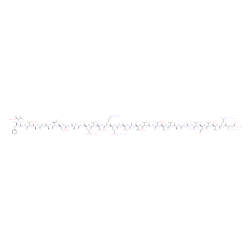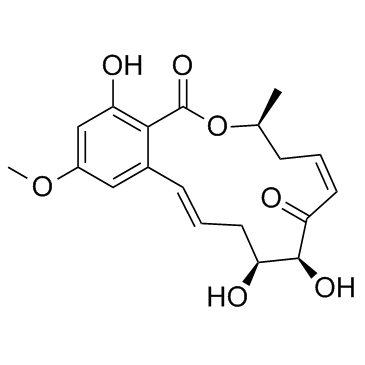| 结构式 | 名称/CAS号 | 全部文献 |
|---|---|---|
 |
α-Synuclein (61-95) (human) trifluoroacetate salt
CAS:154040-19-4 |
|
 |
(5Z)-7-氧杂烯醇
CAS:253863-19-3 |